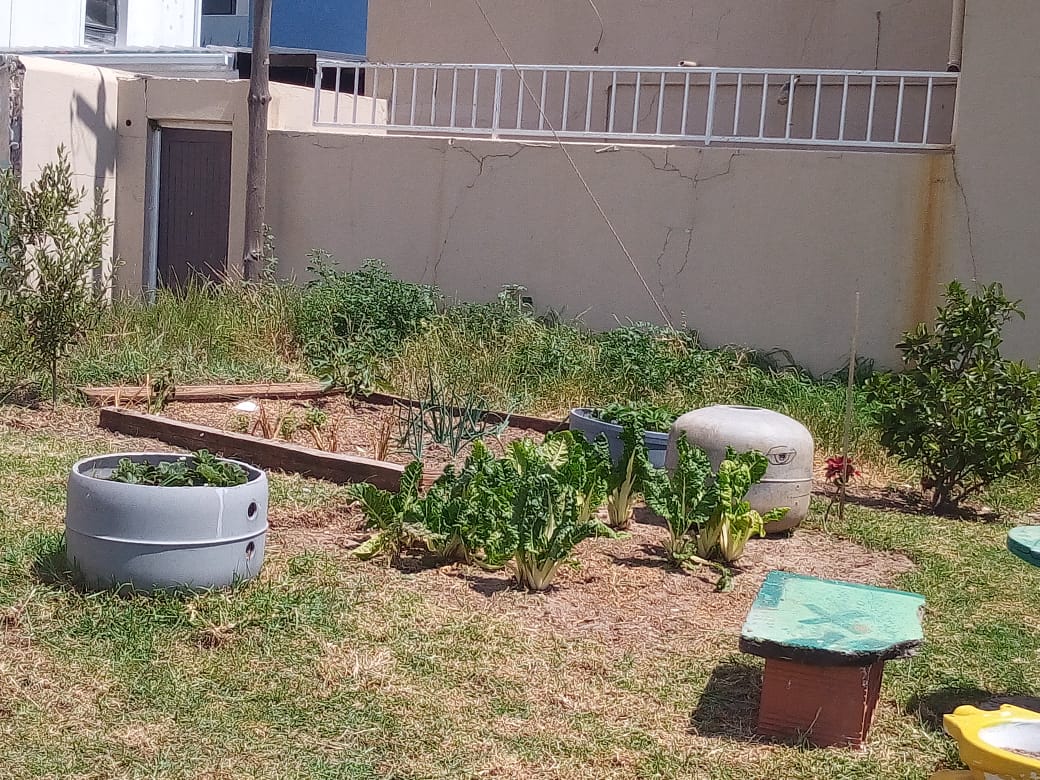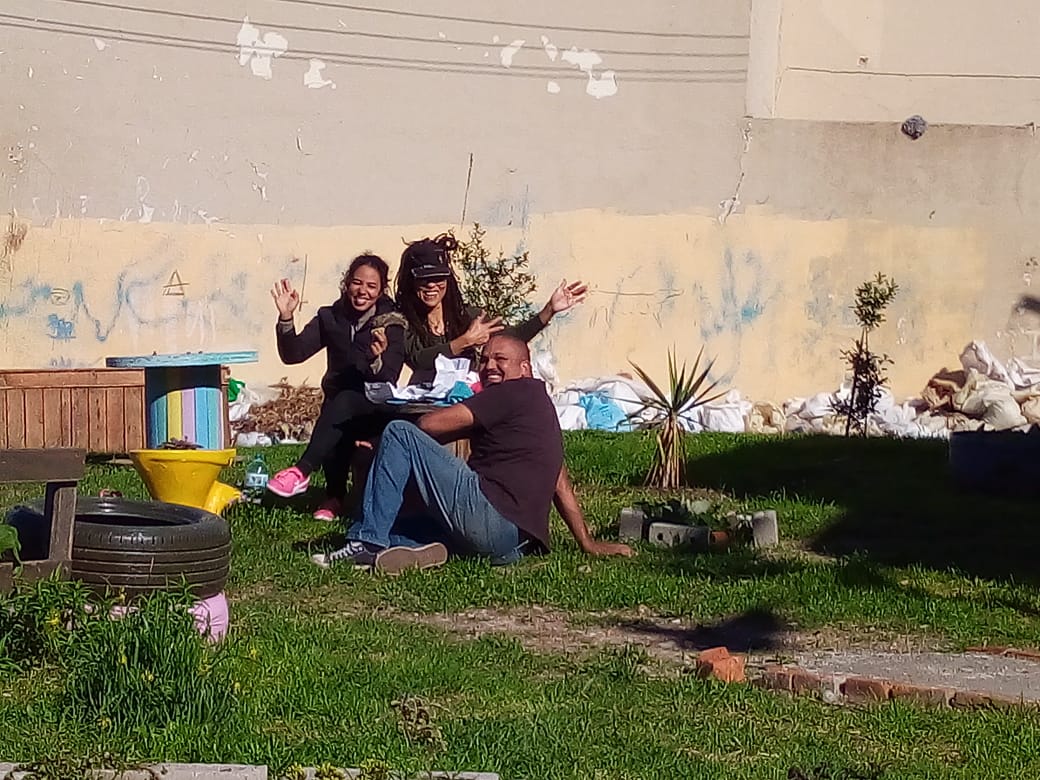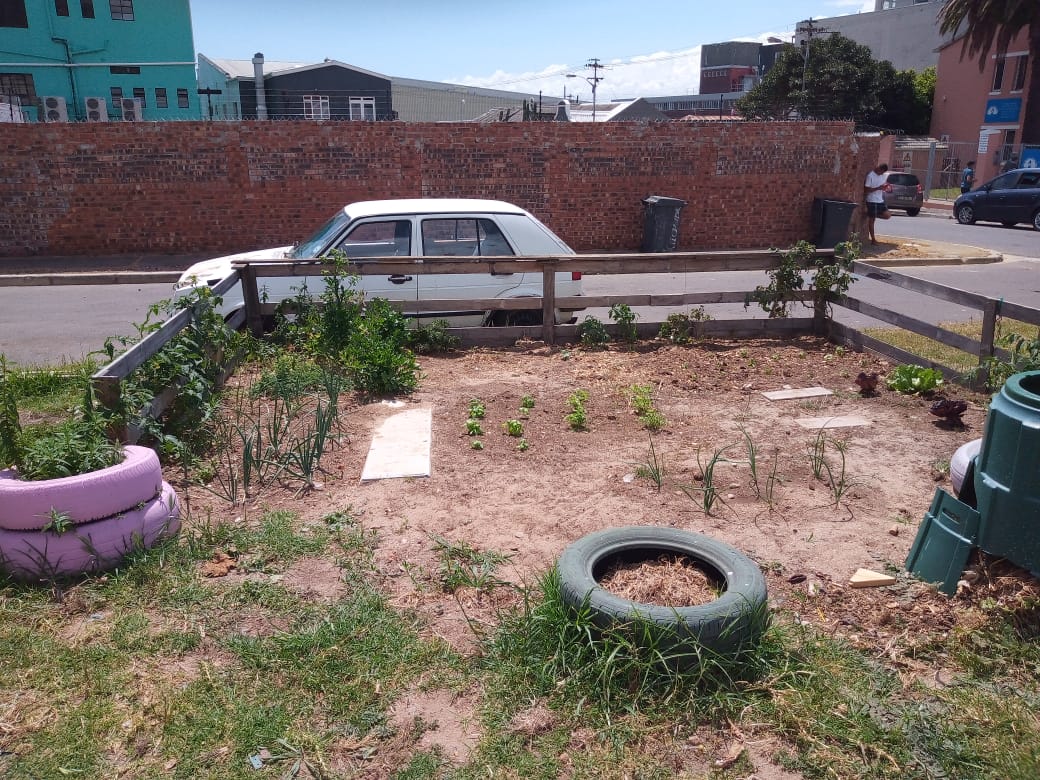Anthropology: IQP
Cape Town, South Africa: Oct. 24 - Dec. 15 2018
What is the IQP
WPI has a unique curriculum that pushes the idea of project based learning. Students are motivated to look for project opportunities both on and off campus. The Interactive Qualifying Project(IQP) is a special team based project one completes in their junior year that is intended to apply engineering skills to social and human needs. This project does not necessarily require skills specific to one’s major, and is therefore considered to be “interdisciplinary”. The majority of students chose to complete this project internationally, thanks to the Global Projects Program. As a result, WPI sends more engineering students abroad than any other university.
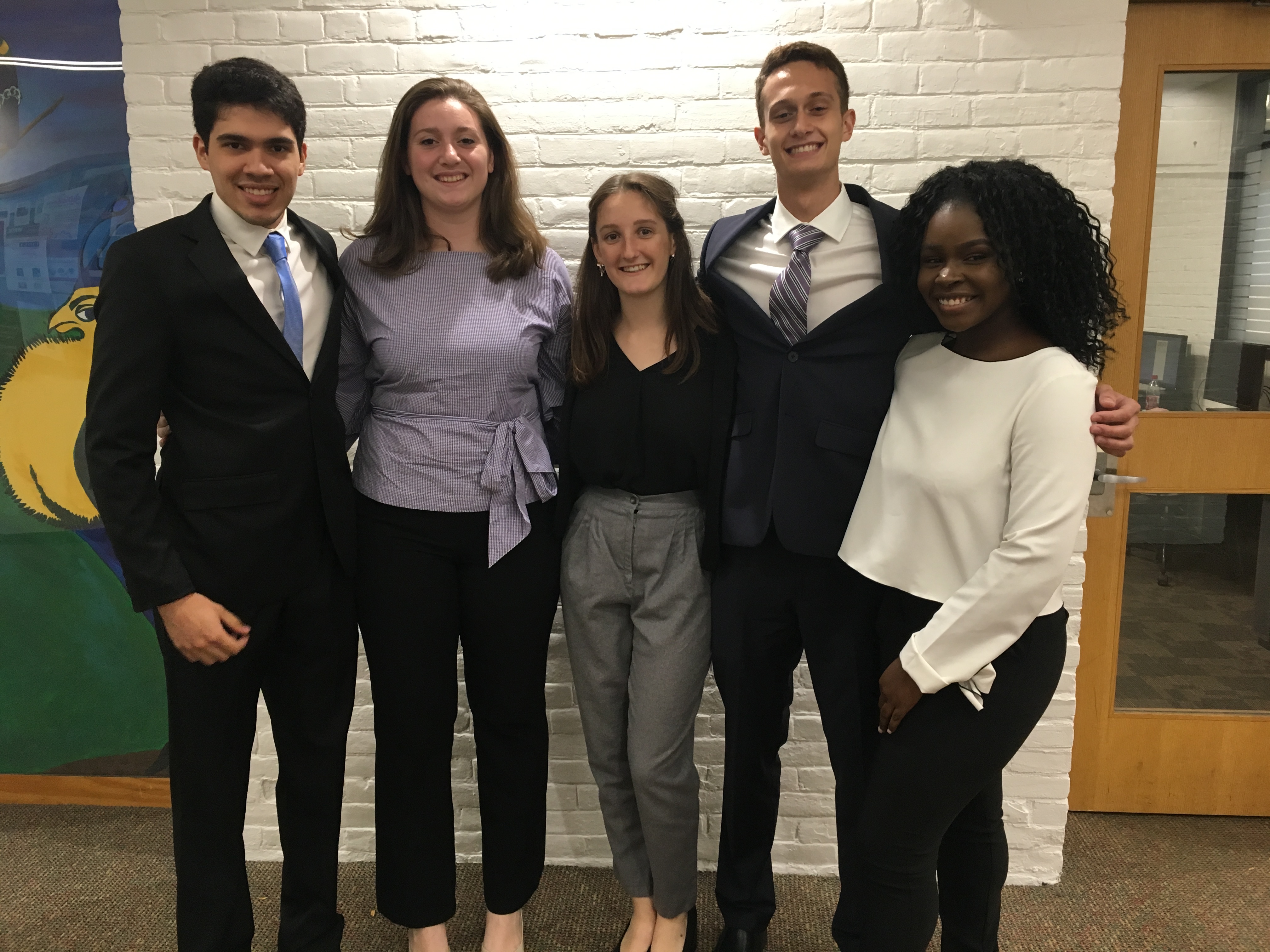
In October of 2018, we began our IQP project as a team of 5 students in Cape Town, South Africa. In our project we worked with a local architectural firm called theMAAK, which focuses on public buildings and public space making. Our project was to explore the neighborhoods of Cape Town, and identify what makes good and bad public spaces. Due to South Africa's history of apartheid, many public areas remain segregated, unused, or underutilized. After identifying what makes a public space successful, our goal was to find an unused public area and apply what we learned in our studies to make the area more inviting to the public.
We explored many different areas of Cape Town, but we specifically focused on the neighborhood of Woodstock. Woodstock is a neighborhood that is undergoing extensive gentrification as numerous tech-startup companies begin moving into the area, displacing many of the poorer residence. As a result, there is a growing class divide between the area’s populations. We explored much of the neighborhood, talk to town locals, and coordinated with theMAAK to try and set up some public space improvement projects.
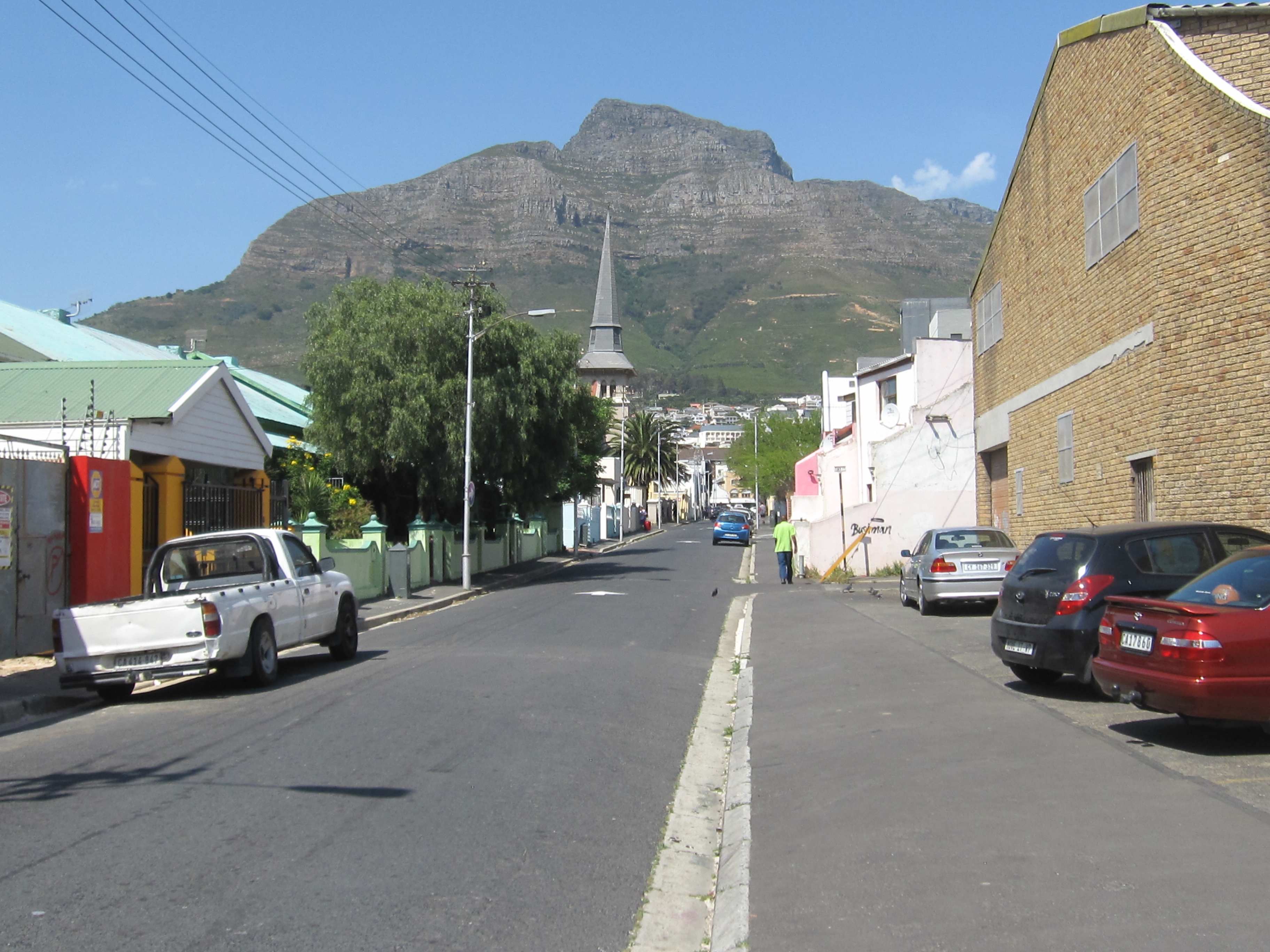
A Wish for Childhood and Essex Square
One such public venture we created was a temporary public space installation called "A Wish for Childhood". We set up this installation next to a elementary school in Woodstock, and we asked parents what they wanted to see improved for their children within the city. This installation was intended to gauge public interest in improving the Woodstock area, as well as the public's reception to our public space installations. We asked each parent to write their suggestions on pieces of paper that were then folded into paper cranes. Each paper crane was then tied to a metal stand to display all of the messages we received. Overall, we gathered over 50 responses, all of which provided interesting insight into what Woodstock residence thought about their neighborhood in regards to their children.
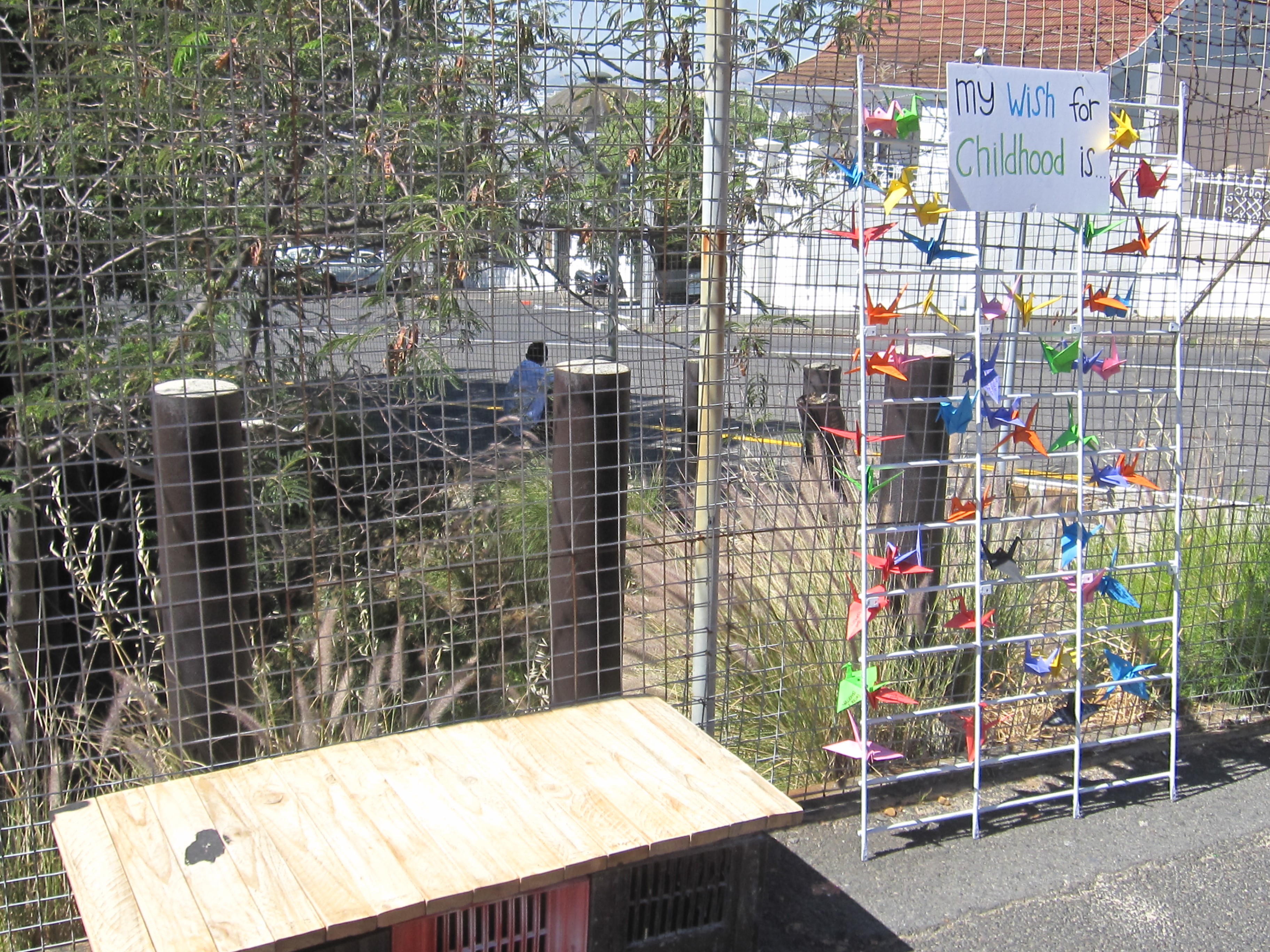
As for our major installation, we located an unused public area in the suburb area of lower Woodstock. This area was a grass covered lot that was once a building, but was now a small field atop the rubble. From our exploration, we noticed that many people crossed by this area regularly, and thus we concluded that if we were to improve the square, perhaps it could serve as an inviting positive influence in the neighborhood. Coordinating with some local home owners, and the Woodstock Residence Association we tested multiple different ways of improving the area. We picked up all of the trash that had been deposited over the years, we cut the grass, and we placed some benches around the area to promote public relaxation.
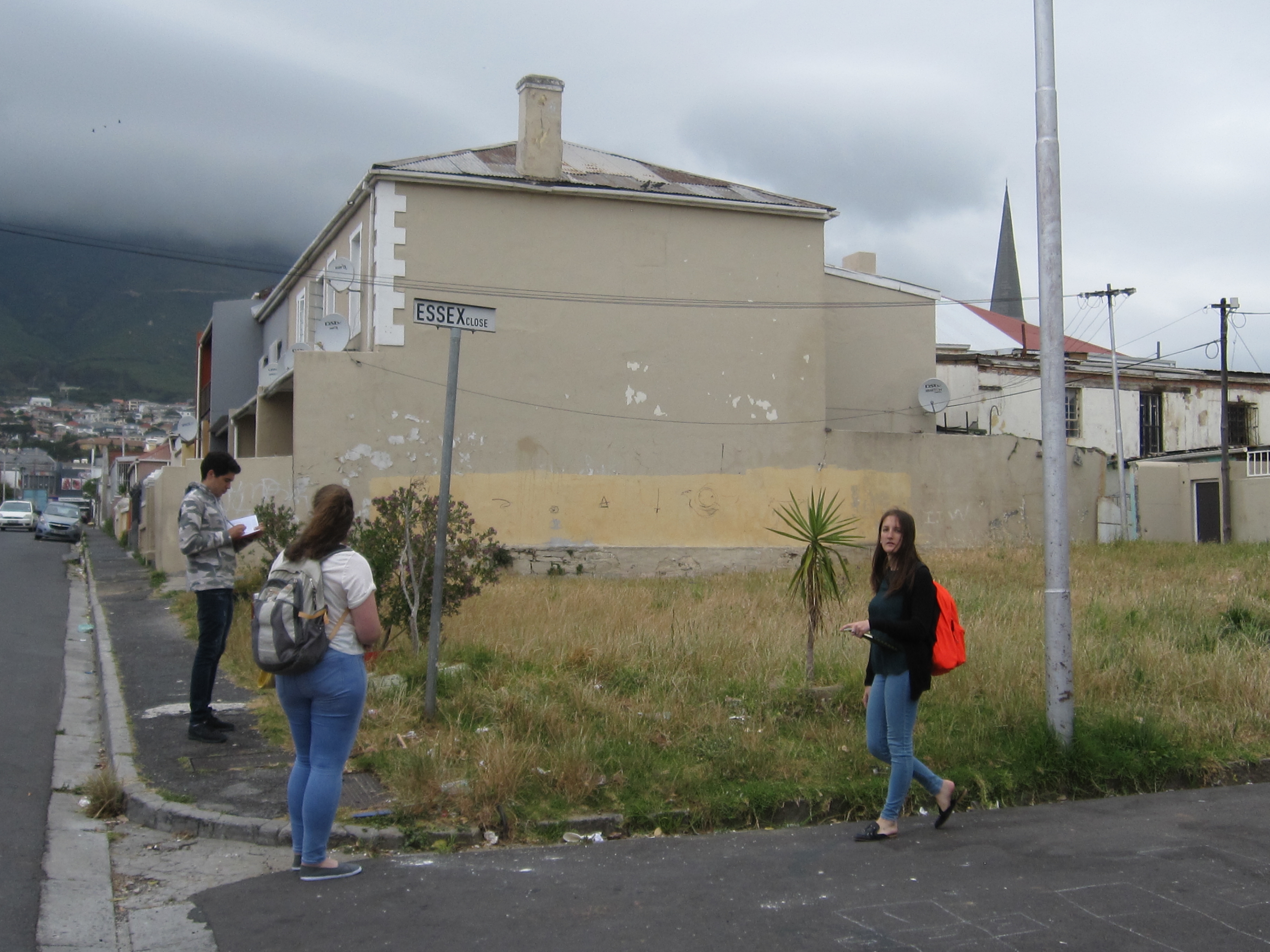
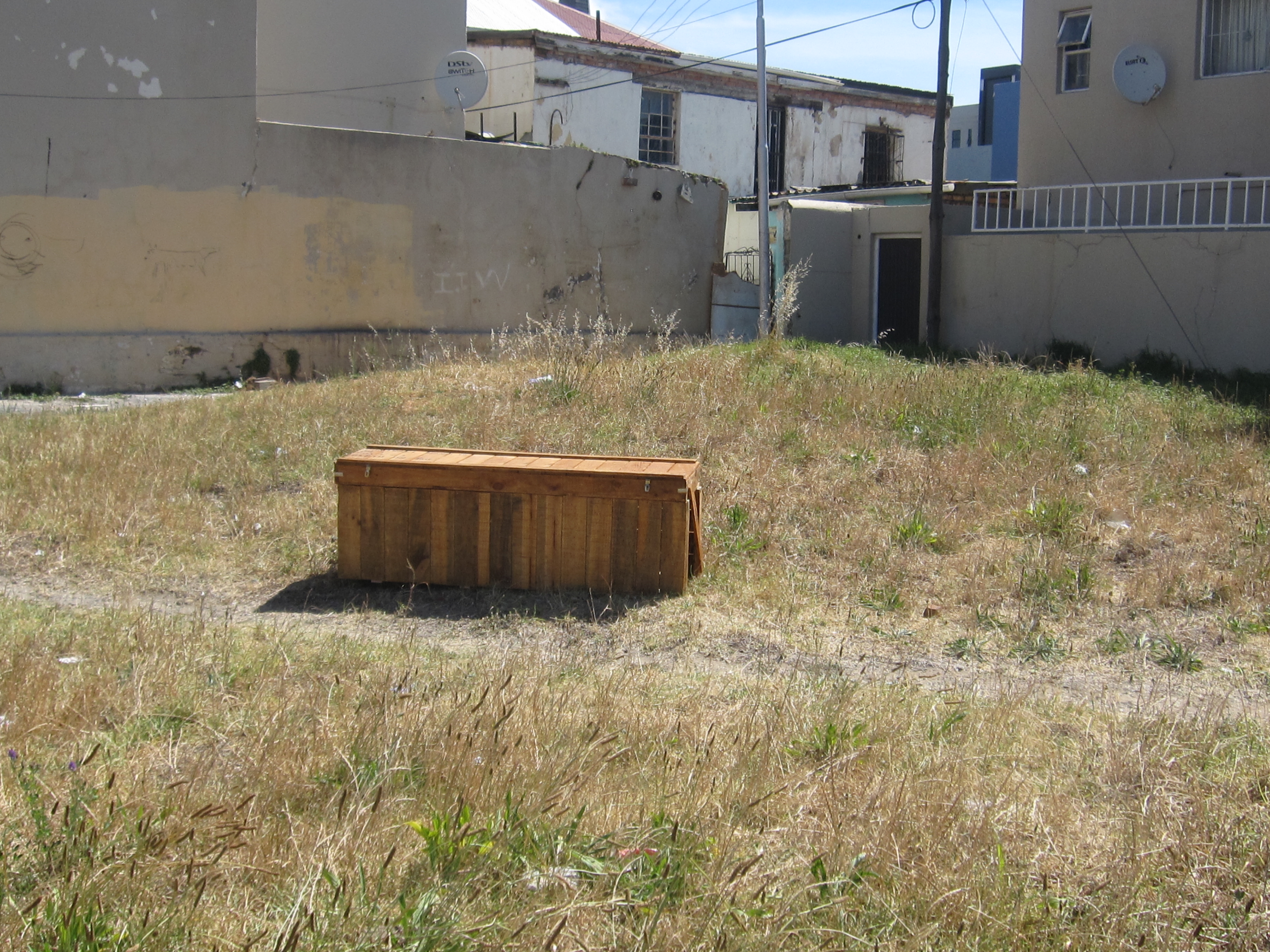
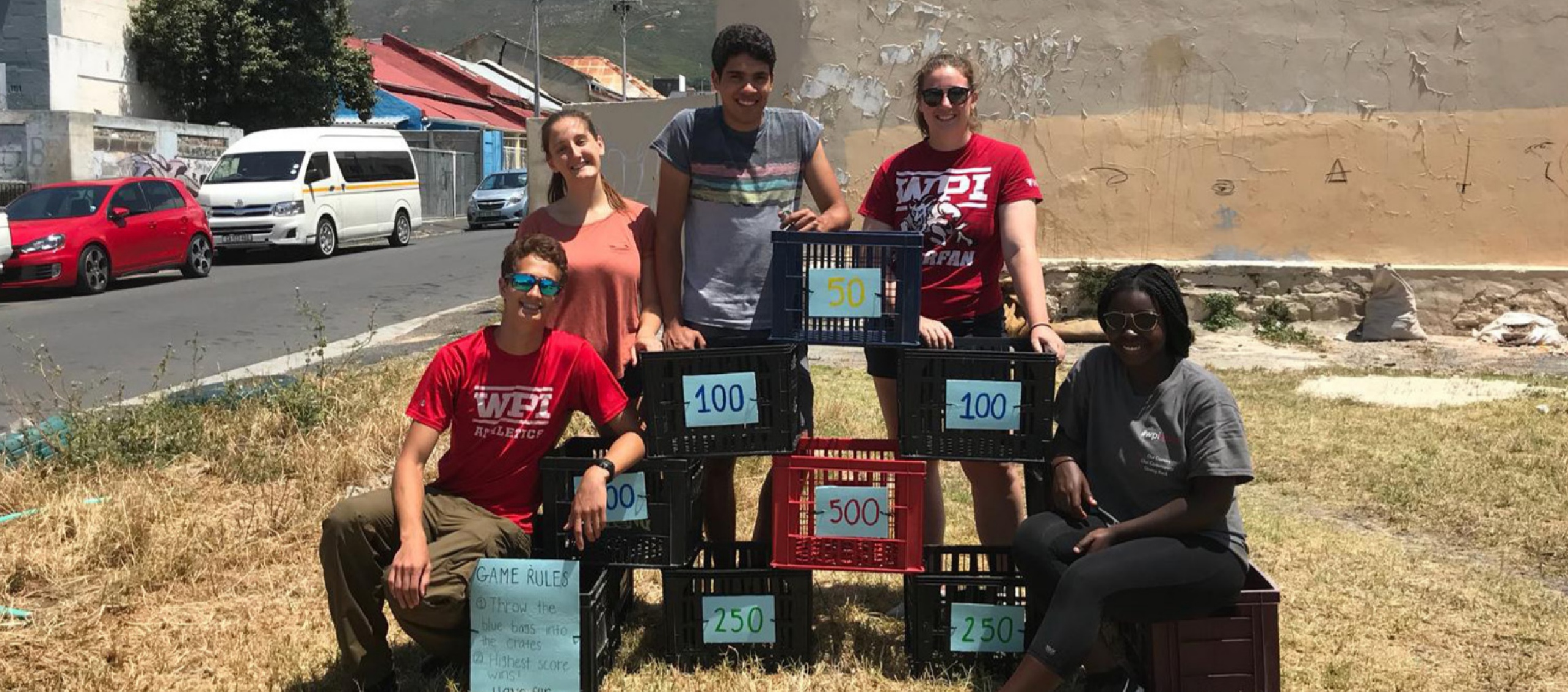
Garden and Aftermath
We eventually created a small community garden using a number of milk crates, as well as setting up an interactive game children could play by throwing bean-bags into milk crates. From previous experimentation, we found that the milk crate game saw the most interaction from locals, and thus we decided to leave it in conjuction with our garden. Overall, the area we left the area in much better condition, with the local residence claiming that they would look after the garden and the area after we leave back for the U.S.
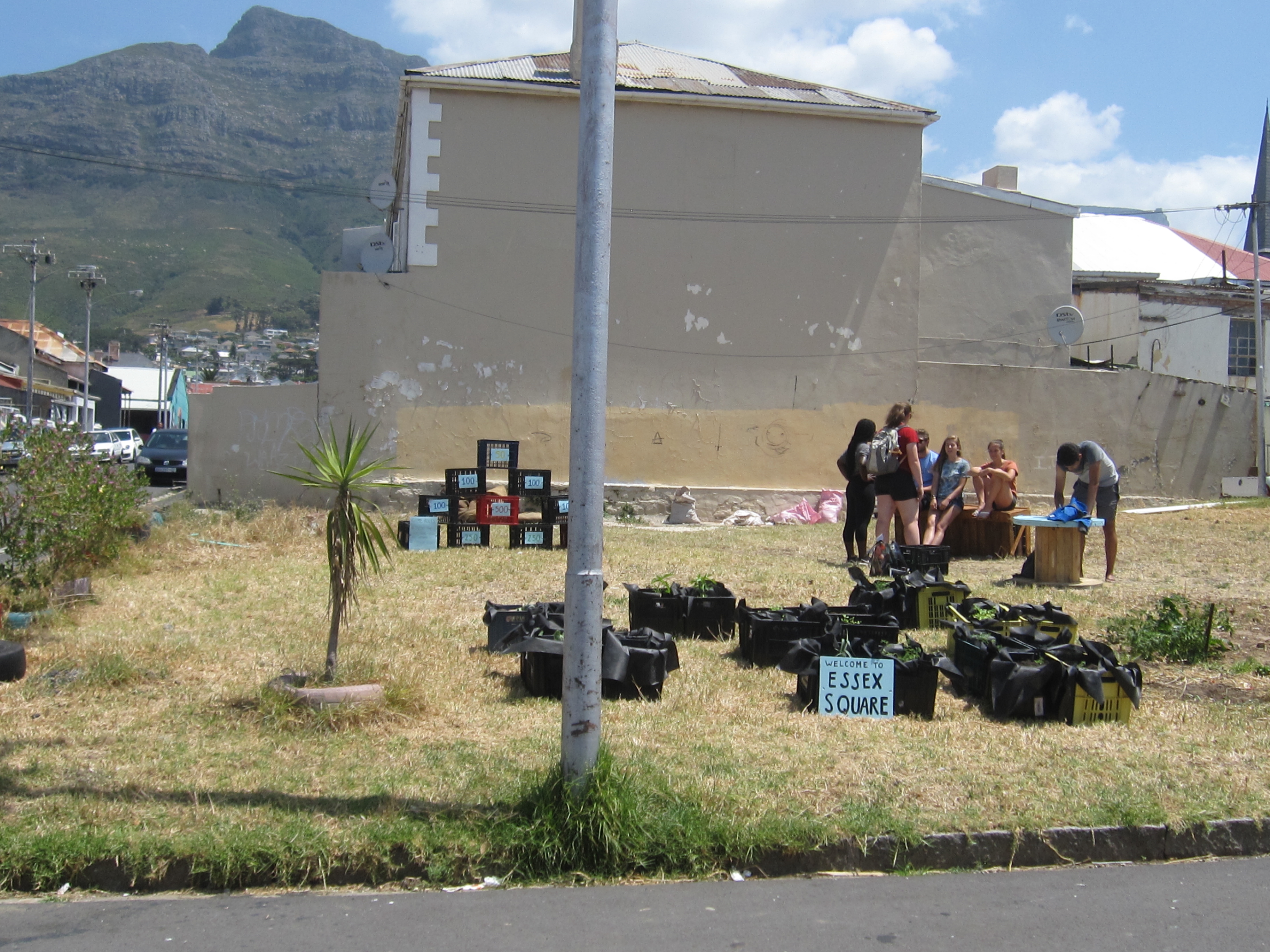
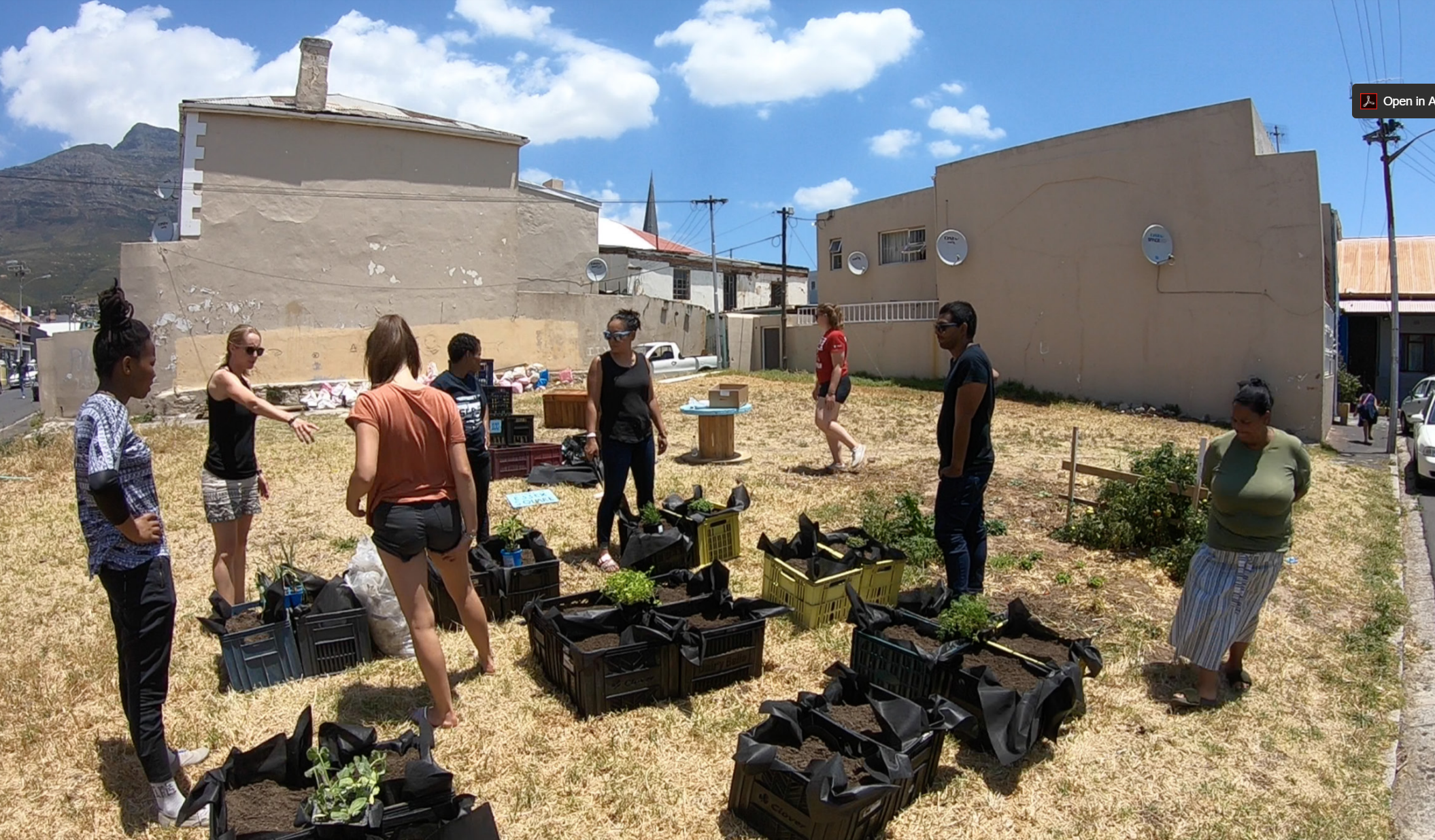
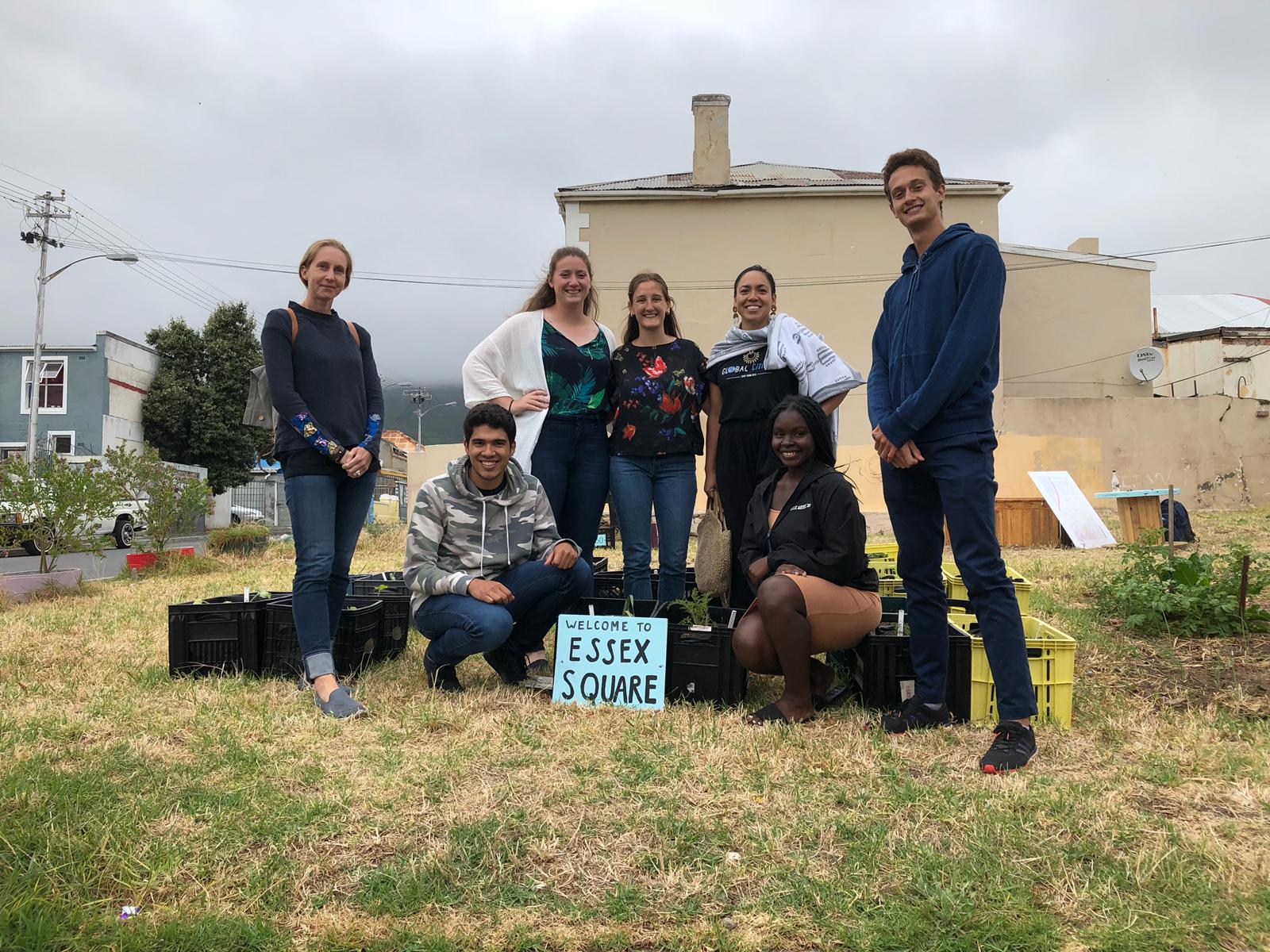
Once the project was completed, we returned the United States and continued our studies at WPI. Though our experience in Cape Town was great, and our project was ultimately successful, we were unsure as to how long our public garden would last. With the specific state that Woodstock exists in, we believed it to be unlikely that the locals would actually continue to maintain the garden once we left, and the public square would likely return to its original unkempt state. However, to our surprise, we learned that the Woodstock locals have actually been keeping the garden in great shape, and they continue to expand it further. Thanks to their efforts, they have taken our small project begins and expanded it. This kind of community interaction is exactly what we had hoped to achieve, as the improved public area makes Woodstock a more inclusive and welcoming neighborhood as a whole.
